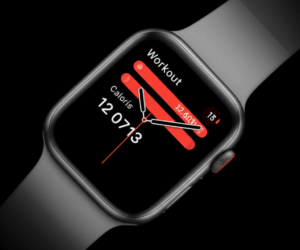At just 27, facing the prospect of bowel removal is a terrifying reality, one that for many, stems from unexpected dietary habits. While often seen as a convenient and affordable lunch option, a consistent “meal deal diet”—frequently characterized by ultra-processed foods, sugary drinks, and limited fresh produce—can silently wreak havoc on your digestive system, leading to severe inflammation and profound health crises. The journey back to health, however, often lies in a radical shift towards a whole-food, gut-supportive diet.
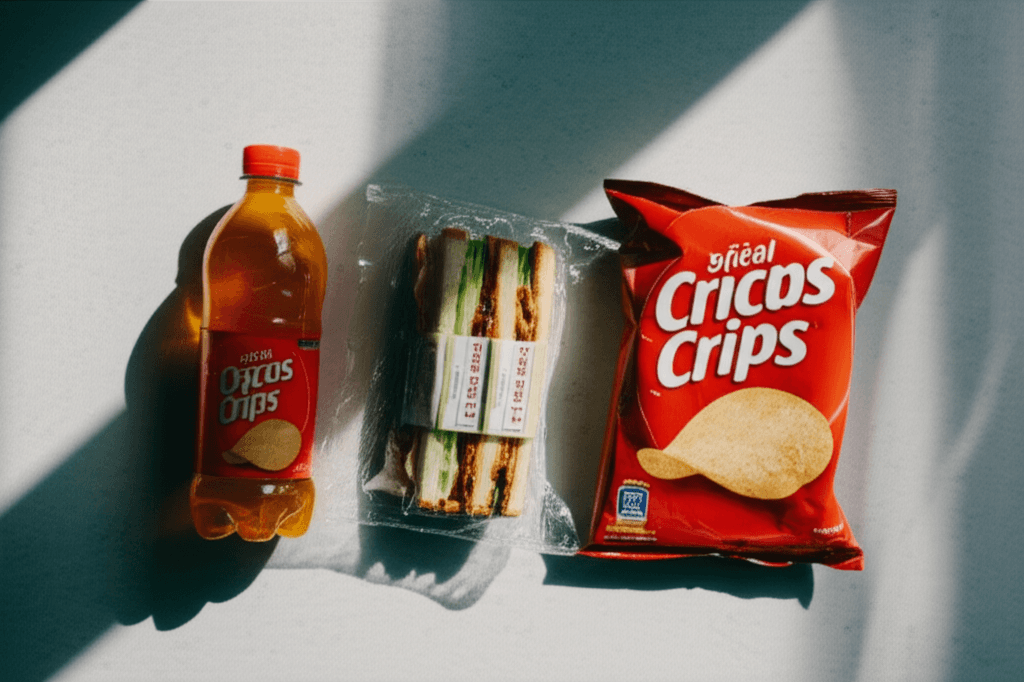
The Hidden Dangers of Ultra-Processed Foods and “Meal Deal” Culture
Ultra-processed foods (UPFs) are industrial formulations often containing five or more ingredients, including additives, sugars, oils, fats, salt, and preservatives, while typically lacking dietary fiber and healthy nutrients. These foods are engineered for palatability, convenience, and a long shelf life, making them a staple in many modern diets, including the ubiquitous “meal deal”.
The significant downside is their detrimental impact on gut health. UPFs can disrupt the delicate balance of the gut microbiome, promoting a pro-inflammatory environment, reducing microbial diversity, and increasing intestinal permeability (often referred to as “leaky gut”). This dysbiosis—an imbalance in gut bacteria—is linked to various health issues, including obesity, type 2 diabetes, cardiovascular disease, chronic inflammation, and even certain mental health disorders.
Specifically, UPFs often contain high amounts of refined grains, saturated and trans fats, added sugars, and salt, with little to no beneficial fiber. These components can lead to rapid absorption of sugars, causing blood glucose spikes, and may not signal satiety to the brain, potentially leading to overeating and weight gain. Food additives like emulsifiers and artificial sweeteners, commonly found in UPFs, can also negatively affect gut microbiota composition and increase inflammation. Moreover, a diet heavy in UPFs can contribute to micronutrient deficiencies, as essential vitamins and minerals are often stripped away during processing.
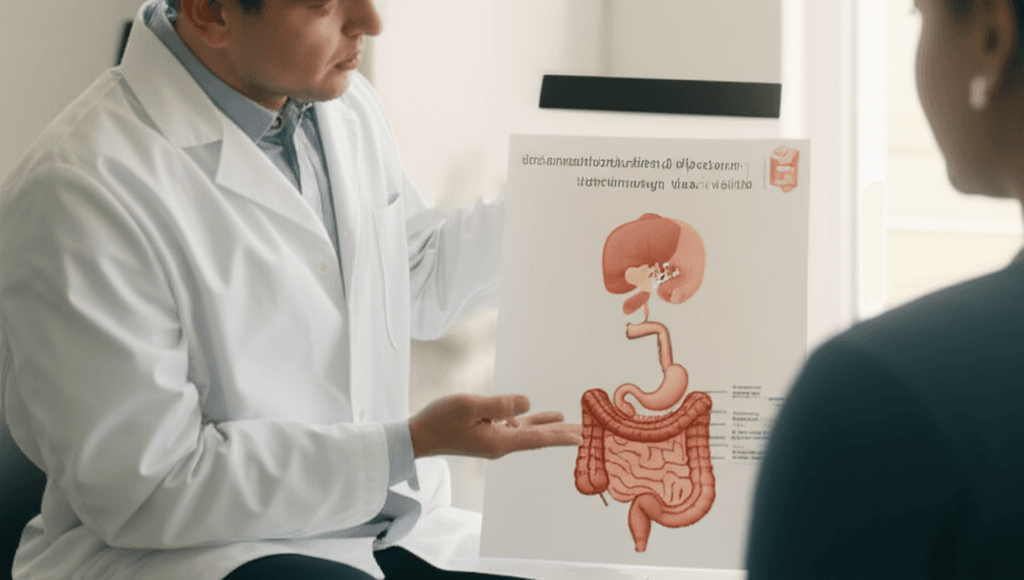
Understanding Severe Bowel Issues: Inflammatory Bowel Disease (IBD)
When digestive distress escalates to the point of potentially requiring bowel removal, it often points to severe conditions like Inflammatory Bowel Disease (IBD). IBD is an umbrella term primarily referring to Crohn’s disease and ulcerative colitis, which are chronic inflammatory conditions affecting the intestinal tract. These diseases cause inflammation, ulcers, and damage to the bowel, leading to symptoms such as abdominal pain, persistent diarrhea (sometimes bloody), urgency, weight loss, and fatigue.
While the exact cause of IBD is still unknown, it’s understood to involve a complex interplay of genetics, an overactive immune system attacking healthy gut tissues, and environmental factors, including the balance of gut bacteria. While diet and stress do not cause IBD, they can significantly aggravate symptoms and trigger flare-ups.
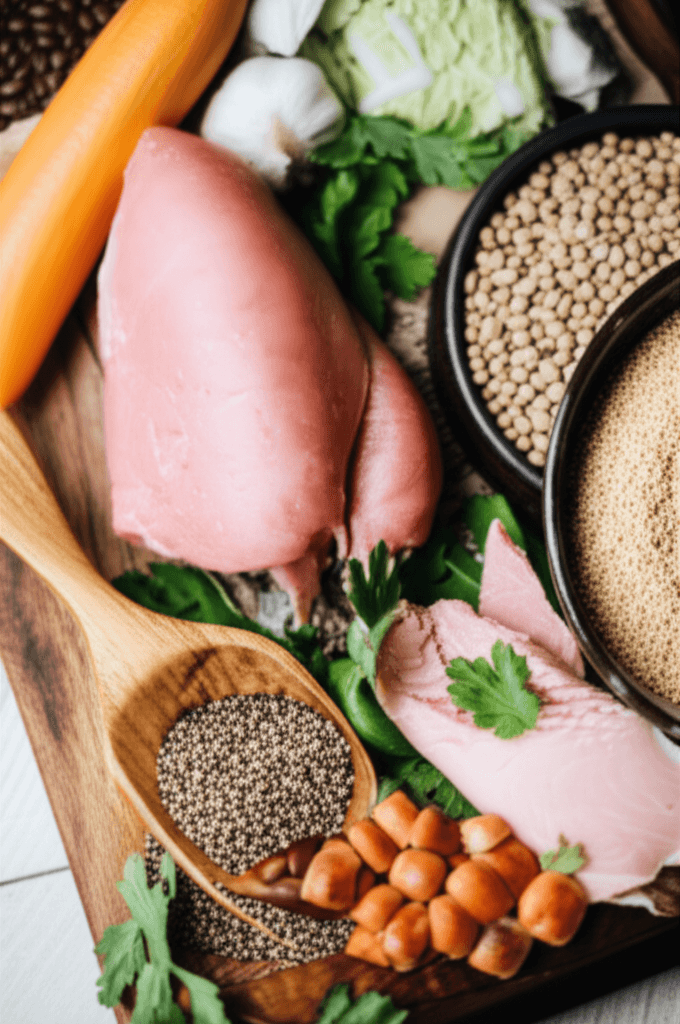
The Path to Gut Revival: Dietary and Lifestyle Transformations
Recovering from severe gut issues, or preventing them from escalating, often necessitates a holistic approach centered on dietary and lifestyle changes.
Rebuilding the Gut with Whole, Nutrient-Dense Foods
The cornerstone of gut healing is a shift towards a diet rich in whole, unprocessed foods. These foods provide the essential nutrients and fiber needed to cultivate a healthy and diverse gut microbiome.
- High-Fiber Foods: Fiber is crucial for digestive health, promoting regularity and feeding beneficial gut bacteria (acting as prebiotics).
- Soluble Fiber: Found in oats, apples, nuts, seeds, legumes, berries, and citrus fruits, it dissolves in water to form a gel, slowing digestion and helping regulate blood sugar and cholesterol.
- Insoluble Fiber: Present in whole grains, nuts, seeds, and vegetables like broccoli and asparagus, it adds bulk to stool and aids in waste movement.
- Note on IBD: During acute flare-ups of IBD, a low-residue or low-fiber diet might be recommended by healthcare professionals to manage symptoms, temporarily avoiding raw fruits, vegetables, nuts, and seeds. However, outside of flares, a high-fiber diet is generally beneficial.
- Fermented Foods (Probiotics): Foods like yogurt (with live and active cultures), kefir, sauerkraut, kimchi, and kombucha introduce beneficial live microorganisms (probiotics) to the gut, helping to balance the microbiome and strengthen gut communities. Probiotics can also enhance the gut barrier function and reduce inflammation.
- Prebiotic Foods: These are types of fiber that specifically feed “good” gut bacteria. Examples include garlic, onions, leeks, asparagus, bananas, oats, and legumes.
- Omega-3 Fatty Acids: Found in oily fish (salmon, mackerel, halibut) and flaxseeds, omega-3s possess anti-inflammatory properties that can support gut health.
- Lean Proteins: Choosing lean proteins like poultry, fish, eggs, and plant-based options such as tofu, edamame, and beans is preferable to fatty or fried foods, which can trigger colon contractions and promote less favorable gut bacteria.
- Collagen-Boosting Foods: Bone broth, rich in collagen, may help heal the gut lining.
- Anti-inflammatory Spices: Ginger and turmeric are known for their anti-inflammatory properties and can aid digestion.
Foods to Limit or Avoid
To support gut healing, it’s crucial to minimize or eliminate foods that can irritate the gut lining and disrupt microbial balance:
- Ultra-Processed Foods: As discussed, these are major culprits due to their low nutritional value, high sugar, unhealthy fats, and additives.
- Added Sugars and Artificial Sweeteners: Excess sugar can promote inflammation, and sugar alcohols can cause bloating and diarrhea. Artificial sweeteners may also alter gut microbiota composition.
- Saturated and Trans Fats: These can be inflammatory to the gut and are often found in processed foods and red meats.
- Excessive Alcohol: Can disrupt gut flora and lead to digestive issues.
- Spicy Foods: Can irritate the gastrointestinal tract, especially during flare-ups of conditions like ulcerative colitis.
- Dairy (if intolerant): Lactose intolerance can mimic or worsen IBD symptoms like gas, bloating, and diarrhea.
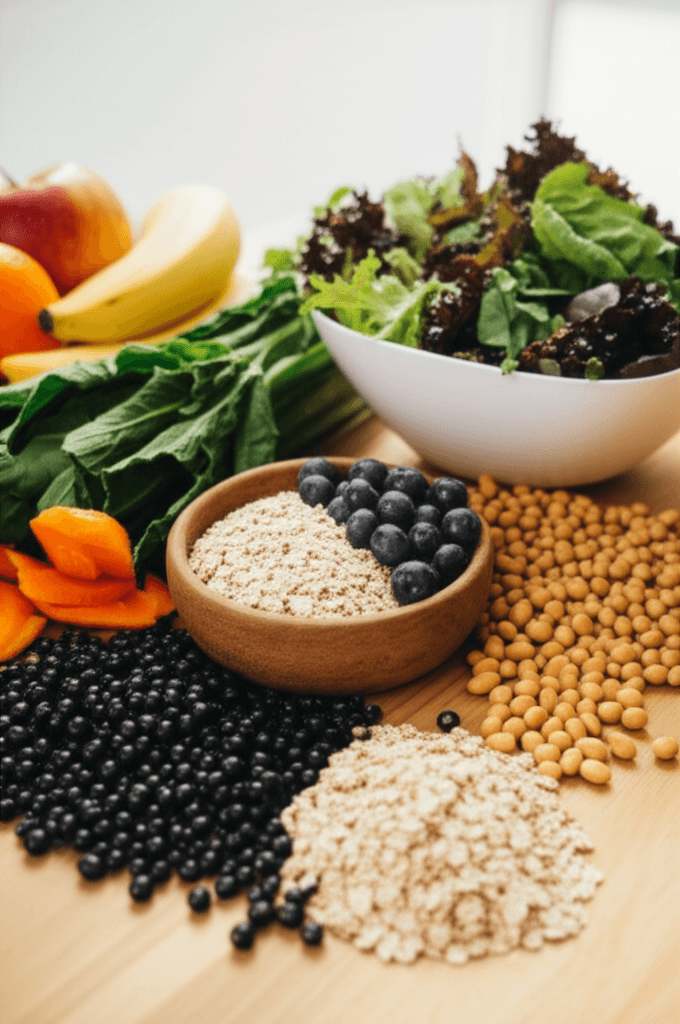
Beyond Diet: Essential Lifestyle Adjustments for Gut Health
Diet is paramount, but other lifestyle factors significantly influence gut well-being:
- Stress Management: Chronic stress negatively impacts the entire body, including the gut. Techniques like relaxation therapies and mindfulness can help reduce its effects.
- Adequate Sleep: Not getting enough quality sleep can have serious impacts on gut health, and vice-versa. Prioritizing 7-8 hours of sleep per night is vital.
- Regular Exercise: Physical activity stimulates bowel movements, improves digestion, and enhances gut motility.
- Hydration: Drinking sufficient water is critical for maintaining optimal digestive function, preventing constipation, and aiding nutrient absorption.
- Mindful Eating: Chewing food thoroughly and eating slowly can aid digestion and help in making better food choices.

The Importance of Professional Medical Guidance
While dietary and lifestyle changes are powerful tools for gut health, it’s critical to emphasize that severe bowel issues, particularly those potentially requiring surgery, warrant immediate and ongoing medical attention. Consulting a doctor, gastroenterologist, or a registered dietitian is essential for an accurate diagnosis, a personalized treatment plan, and guidance on dietary modifications, especially for conditions like IBD. Self-treating can lead to further complications and nutritional deficiencies.
By understanding the profound impact of our daily food choices and adopting a comprehensive approach that includes a whole-food diet, stress reduction, adequate sleep, and regular exercise, it’s possible to dramatically improve gut health and step back from the brink of severe digestive illness.


